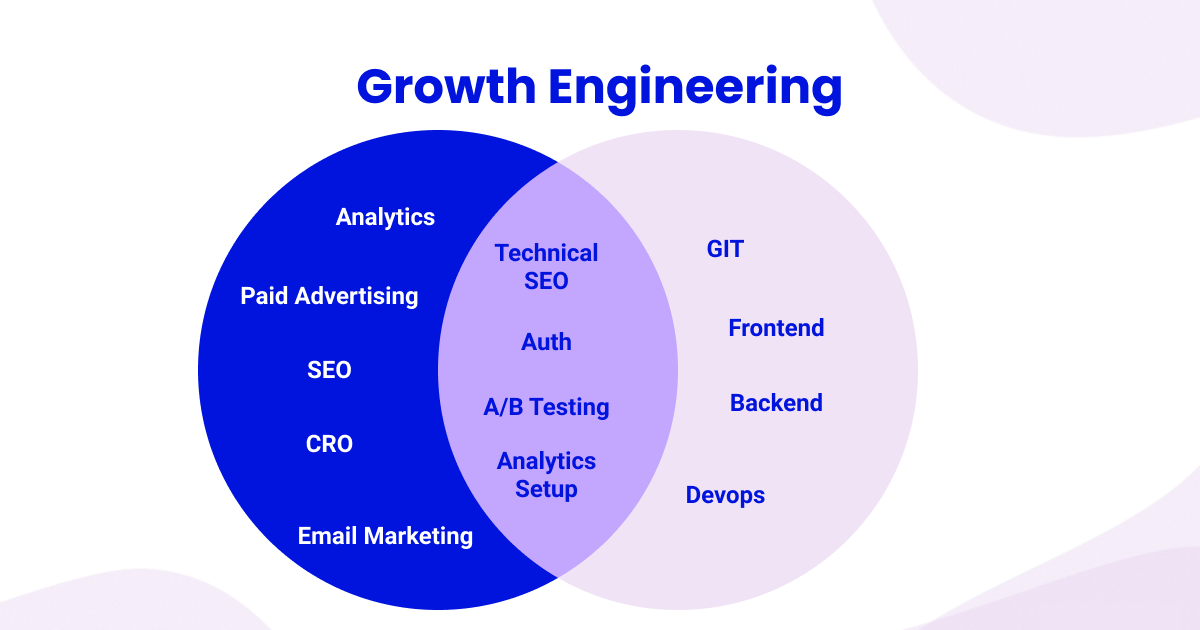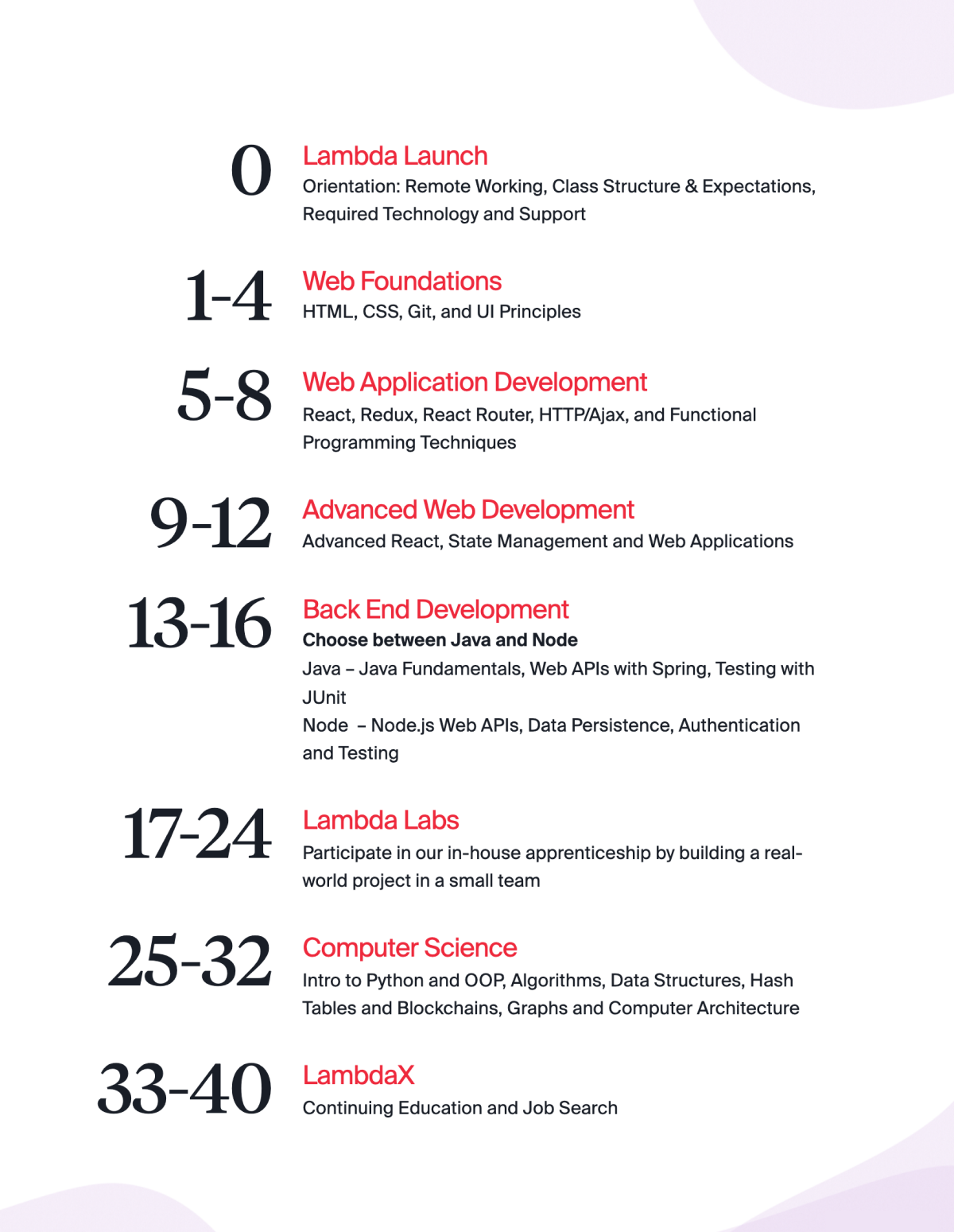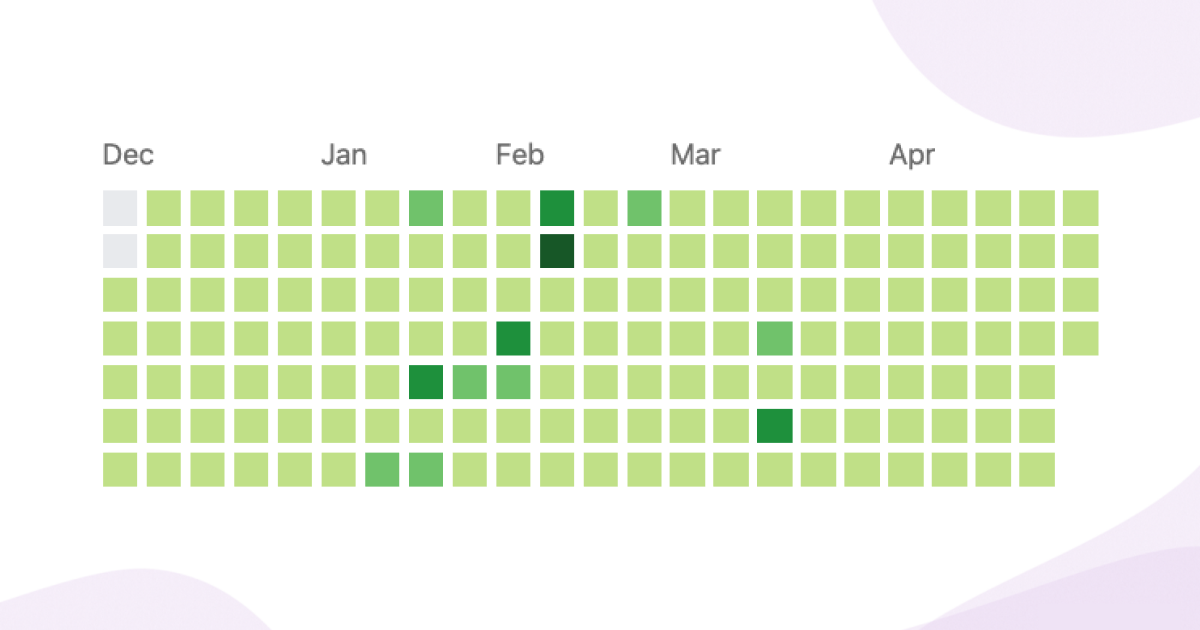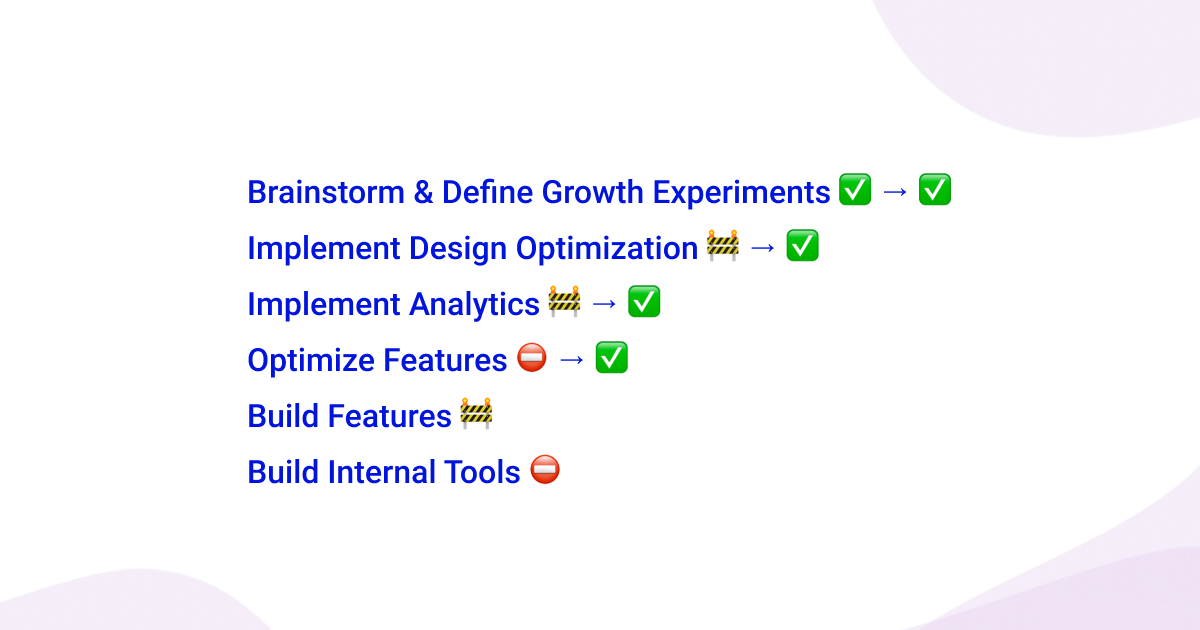Monday — January, 7th 2019
It’s my first day at Lambda School — a 9-month code boot camp. I’m ready to learn to code. It’s an investment I finally decided to make. I’m Excited.
This is my first step towards becoming a Growth Engineer.
Wednesday — May, 6th 2020
I’m a Growth Manager & Engineer at Shotgun.
The end 🎉
But that’s not how life works. It would be boring.
The story went more like — I went through Lambda School. I had great and bad days. I stopped my company. I interviewed for great startups, got rejected, and joined one.
It was an intense ride, but a rewarding one.
Looking backward, I wouldn’t change a thing. And I’ll try my best to give you some insights into it. And help you think about how you could also transition from Marketing to Growth Engineering.
PS — If you haven’t read the first one, go read it now:
](https://cdn-images-1.medium.com/max/3532/1*TPYAIrOR5uRhPCrdkzH-eA.png)
Learning to code
Should I learn to code?
This is one question a lot of marketers I know ask themselves. So are you?
I took the decision to do it and I’ll try to show you why you should too if you want to work as a Growth Engineer.
Code is everywhere and it’s not going to stop anytime soon.
From our smartphones to our banking systems, to how we manage our healthcare during a pandemic. Code is running our lives. But only ~0.3% know how to do it.
And it’s just the start, think about how our lives have changed since 2000. What’s going to happen in the next 20 years? 50 years? I don’t know. But I’m sure going to get ready for it and put myself in the best possible position.
Modifying a product built from bits = code
The ubiquity of code is even truer for startups. Startup’s products are often digital which means bits, not atoms.
The shift from atoms to bits, while easy to understand has created an even bigger shift in the role and scope of Marketing. It’s no longer only about defining what the product should be, handing it off to be built, and then helping sell it. Marketing is now actively taking part in modifying it to make it as good as possible and then helping sell it.
While a Growth Marketer can have some technical chops and be very effective in that scenario.
A Growth Engineer is foremost a Software Engineer and thus needs to be technical. You will have to technically implement growth experiments and have ownership of the code written by your team. You don’t need a CS degree. But you need to be good enough so that you could be working hand in hand with the product team and gain their trust.

Autonomy
Before doing Lambda School, I had a good understanding of technologies. How they fit together and which one to use to solve specific problems.
I had also played around with HTML / CSS / JavaSript / Ruby but it was more monkey coding than anything else. I could build a decent looking website and change simple things in an app.
But that was pretty much it.
More than once, I found myself limited by my technical capabilities. This was the most frustrating part. Not having autonomy. Relying on other people to do your work. Not having the cadence and speed of execution you aspire to.
To make sure I wouldn’t experience this feeling anymore.
To make sure I would be ready whatever comes next.
I joined Lambda School.
Lambda School
Lambda School is an immersive 9-months online program. Their goal is to prepare you for a successful career in tech. They have tracks in Data Science, Web Development, and IOS.
Their business model is a bit different than your typical-3-months boot camp. They use a financial instrument called an ISA (Income Share Agreement). So you only pay afterward if you got a job making +50K$.
I started in January 2019. I did their Full-Stack Web Development track and attended the first-ever European cohort — WEBEU1 ❤️
Curriculum
One of the reasons I choose Lambda School is how up-to-date their curriculum is. This turned out to be a very good decision. Almost all startup’s tech stacks I interviewed for were JavaScript based.

The program is very intense and you need to invest all your time if you want it to make it as good as it can be. This was one of the mistakes I made early on. I was still running my company Croissant (an on-demand Growth Team) during the first 3 months. It made the experience more challenging and created unnecessary friction.
Building products
Another great thing about Lambda School are Build Weeks and Lambda Labs.
The lecture and exercises are great but at the end of the day, you learn by doing. Lambda School understands this to its core and has put a huge emphasis on it. By the end of the 9-months, you will have built six 1-week projects and one 6-weeks project while working as a team.
I was lucky to have worked in a startup before. But for most students, it was the first time building a tech product as a team. It was an opportunity for me to work on my project & product management skills. But that’s not the only side-skill I picked up. While being 100% remote has immense benefits, it forces you to clarify your writing and improve.
I didn’t expect to learn those things but I’ll happily carry them with me going forward.
If you are thinking about making the investment, do it.
Learning without an end date
Lambda School is over, now what? Continue.
This is one of the most rewarding parts of learning to code. Now that I have acquired enough skills to be effective, I can explore more things more relevant to Growth.
I have the freedom and flexibility I always wanted. To make sure I stay in « shape » coding wise, I decided to challenge myself to code every day. Some days, I build apps. Other, I add a comment to it… but the important part is « hands-on keyboard ».

Finding a job as a Growth Engineer
It was a bit weird for me to look for a full-time job as I had never had one…
I did internships during college. But afterward, I immediately started as a freelancer. Then created Croissant. And here we are.
But after a month+ working full-time, it’s a been great learning environment. And that’s the most important part for me right now. Continue to become more confident in my technical abilities while working on Growth.
But let’s go back to the job search.
I first started to look as I was still attending Lambda School. While a good idea to start early, I spent too much time on it and had a hard time balance classes and the job search. Yet, I learned a ton about what startups were looking for and the technical level expected. This has proven to be very valuable.
Once Lambda School was over, I spent a lot of time learning about other technologies and working on side projects.
Working on side-projects enabled me to build confidence, momentum, and muscle memory. When the technical interviews started, I had projects to show and was ready for it. It’s a bit cliché but Seneca said it best — « luck is when opportunity meets preparation ».
Understanding of Growth Engineering
As I started interviewing, something became very clear. Every startup has its own definition of what a Growth Engineer should be doing. The technical level required was also variable. From not very technical at all. Despite the word « engineer » in the job title… To the abilities of a Senior Software Engineer.
Same for the scope of the role.
That’s the first thing you should check for as you start interviewing.
The best and easiest way to figure it out is to ask yourself « Does the CEO understand clearly what I will be doing and is a champion for it?”.
If the answer is a resounding yes, go for it 🚀
As a quick reminder, here are definitions for Growth & Growth Engineering:
Finance owns the flow of cash in and out of a company. Growth owns the flow of customers in and out of a product. Growth Engineering technically implement experiments on user acquisition, conversion, and product optimization. They are also building internal tooling to support the growth process.
Shotgun
Shotgun is a ticketing & marketing platform for music events based in Paris, France. I joined them a 1+ month ago as a Growth Manager & Engineer.
But, with Covid-19 going around — It forced organizers to cancel all music events for the foreseeable future.
It meant that we had to find new ways to help artists and organizers create *things *so that our users would still be able to party while quarantining.
Working on it 🕺
Growth Engineer Checklist Update
I’ve created a list of required skills for a Growth Engineer.
The emoji updates are where I was when I published the first article and where I’m at now.

What’s next?
Keep going I guess :)
Thanks to Lauren, Valentin, Tom, Théo, Alex & Tristan for their feedbacks.
Have a question or want to stay in touch? Let’s chat on Twitter.